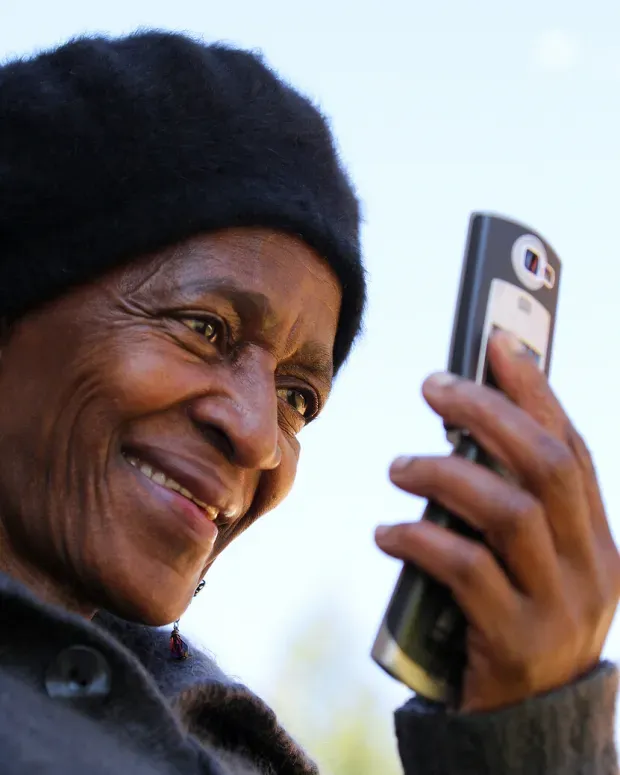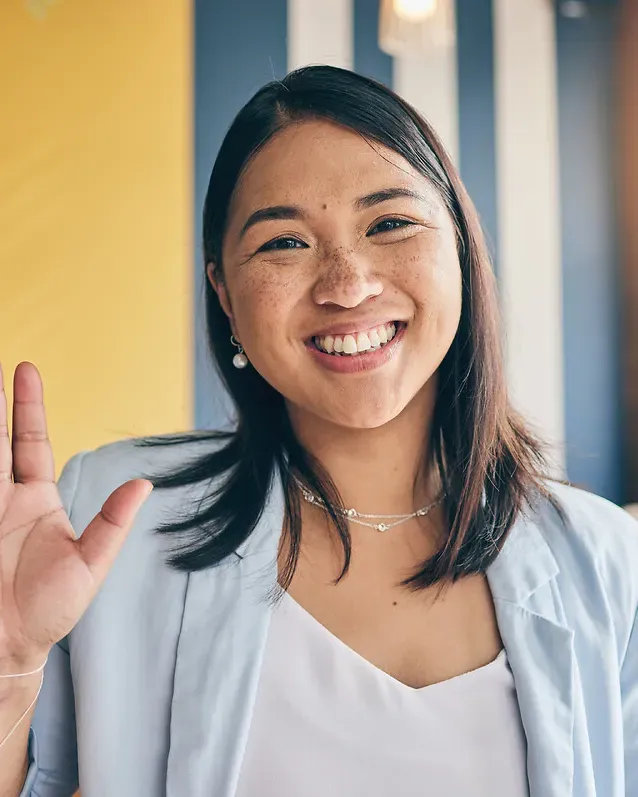Orange Digital Centers and 34 university-based satellites across 24 countries
Digital Schools opened in 16 African countries
people reached through free digital workshops since 2021
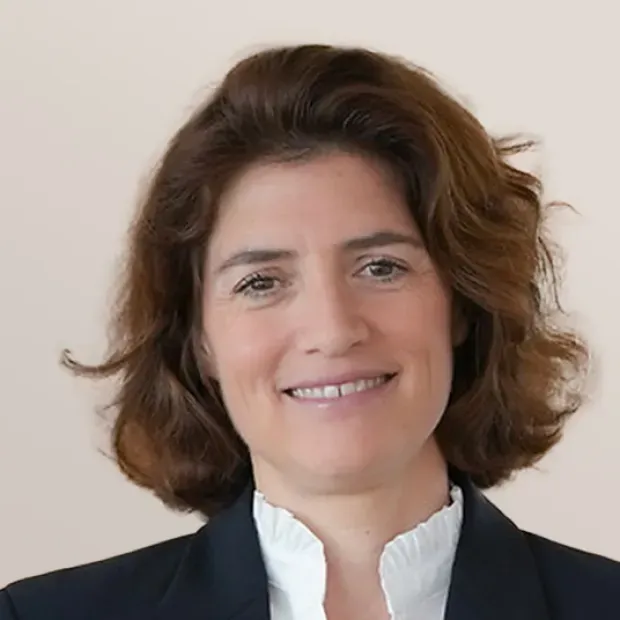
We don’t make a distinction between business performance and sustainability. Our work to advance social and economic inclusion through digital technology extends everywhere we operate.
Connecting
underserved regions
In France, we already cover more than 99% of the population with 4G, including 97% of residents in towns with fewer than 5,000 inhabitants, and we continue to expand our 5G network (now accessible to 60% of the country). In the other countries where we operate, we work tirelessly to reduce coverage gaps by deploying fiber, satellite solutions and infrastructure-sharing partnerships.
Because connectivity is the first step towards digital inclusion, Orange is committed to providing networks that reach even the most remote communities.
Connecting
underserved regions
Because connectivity is the first step towards digital inclusion, Orange is committed to providing networks that reach even the most remote communities.
In France, we already cover more than 99% of the population with 4G, including 97% of residents in towns with fewer than 5,000 inhabitants, and we continue to expand our 5G network (now accessible to 60% of the country). In the other countries where we operate, we work tirelessly to reduce coverage gaps by deploying fiber, satellite solutions and infrastructure-sharing partnerships.
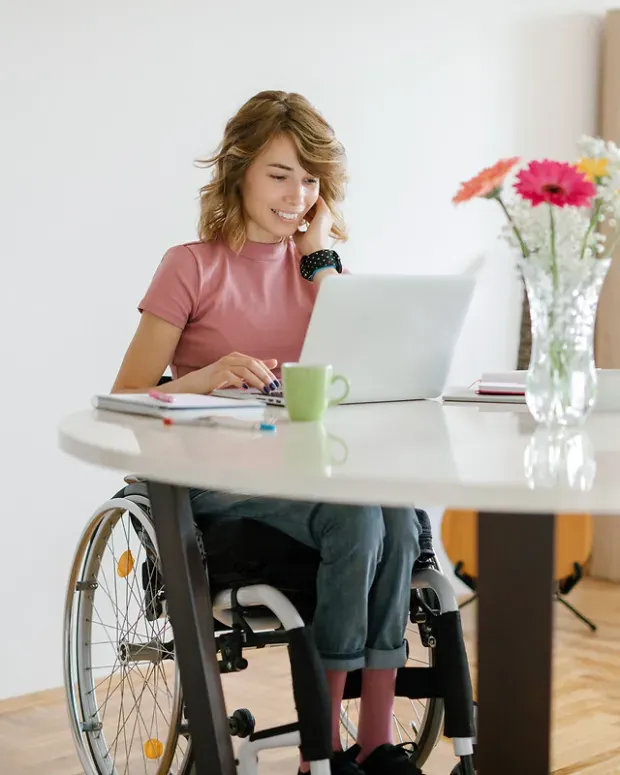
Services
accessible to all
Because digital inclusion also requires adapted solutions, Orange continuously innovates to offer accessible products and services for families, young people, seniors facing hardship and people living with disabilities. Our Orange Innovation teams are developing inclusive technologies such as adaptive interfaces, voice recognition, personalized digital assistance, simplified tools, affordable and community-focused plans, and an improved customer interface designed for all users. We also broaden access to essential services — financial services, energy, healthcare, culture, and more — especially for people who are isolated or underserved.
Discover our 2025 disability report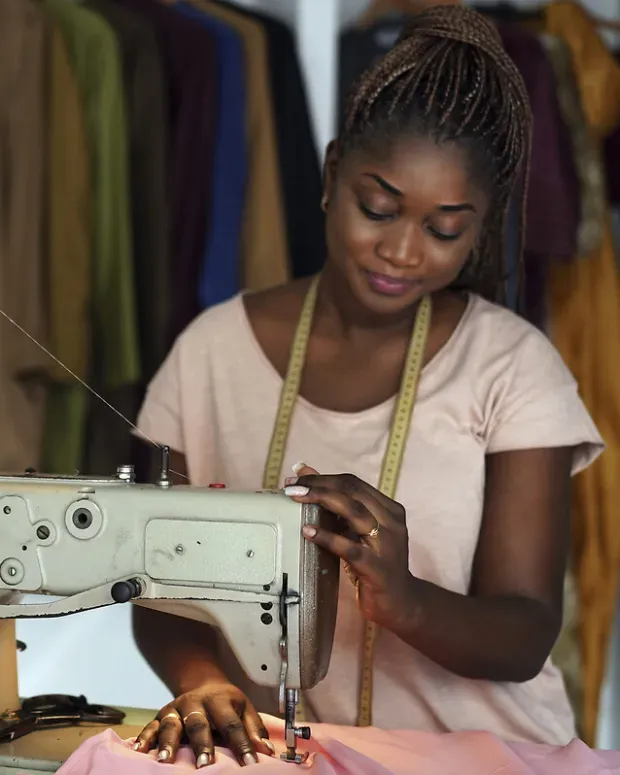
Supporting socio-economic development
in Africa and the Middle East
Because these less connected areas need support to develop a broader ecosystem of digital services, Orange is setting up Digital Centers in every country where we operate. In Africa and the Middle East, there are already 24 of them, bringing several strategic programs together under one roof. They include a coding school, a FabLab where learners can prototype and build practical skills, and a startup accelerator that supports new ventures, with the most promising able to access our Orange Ventures investment fund. Through the Orange Foundation, we continue outfitting schools with tablets preloaded with educational content. We also support energy access through Orange Energies, which provides solar solutions, and financial inclusion through Orange Money, used by more than 110 million customers in 17 countries in 2024.
Discover our Orange Digital Centers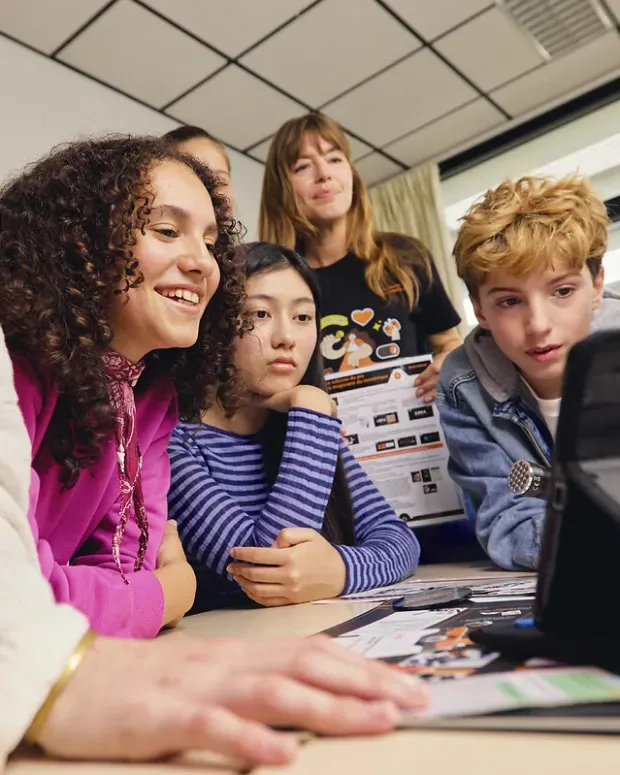
Digital technology
for learning and empowerment
Because access to digital tools also means access to knowledge, Orange organizes hands-on workshops to teach essential digital skills: creating a résumé, completing online administrative processes, securing personal data and more. And because inclusive digital technology should inform and inspire, we provide an all-ages opportunity to learn about the history and future of telecoms through a permanent exhibition on the history of telecommunications, rotating exhibits on emerging technologies and traveling educational workshops hosted at the Cité des Télécoms.
Discover the Cité des TélécomsServices
accessible to all
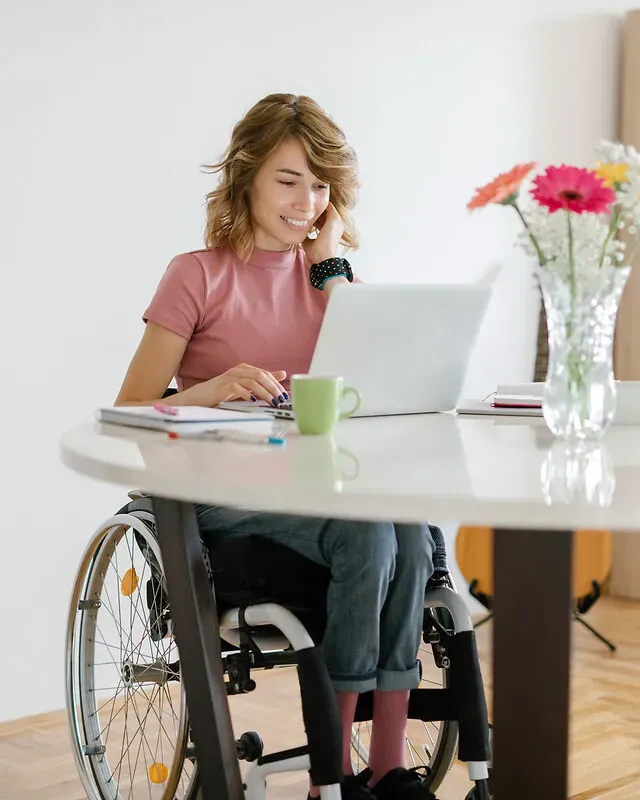
Because digital inclusion also requires adapted solutions, Orange continuously innovates to offer accessible products and services for families, young people, seniors facing hardship and people living with disabilities. Our Orange Innovation teams are developing inclusive technologies such as adaptive interfaces, voice recognition, personalized digital assistance, simplified tools, affordable and community-focused plans, and an improved customer interface designed for all users. We also broaden access to essential services — financial services, energy, healthcare, culture, and more — especially for people who are isolated or underserved.
Discover our 2025 disability reportSupporting socio-economic development
in Africa and the Middle East
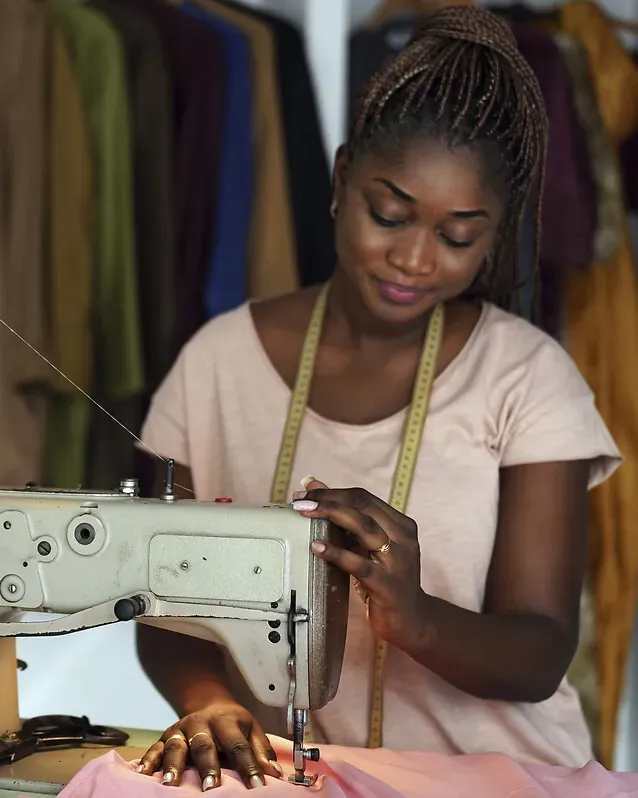
Because these less connected areas need support to develop a broader ecosystem of digital services, Orange is setting up Digital Centers in every country where we operate. In Africa and the Middle East, there are already 24 of them, bringing several strategic programs together under one roof. They include a coding school, a FabLab where learners can prototype and build practical skills, and a startup accelerator that supports new ventures, with the most promising able to access our Orange Ventures investment fund. Through the Orange Foundation, we continue outfitting schools with tablets preloaded with educational content. We also support energy access through Orange Energies, which provides solar solutions, and financial inclusion through Orange Money, used by more than 110 million customers in 17 countries in 2024.
Discover our Orange Digital CentersDigital technology
for learning and empowerment
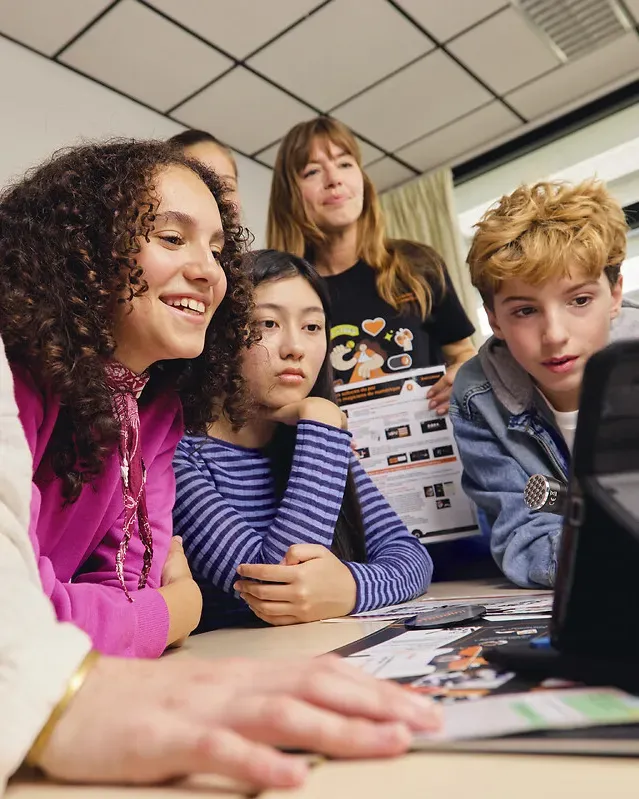
Because access to digital tools also means access to knowledge, Orange organizes hands-on workshops to teach essential digital skills: creating a résumé, completing online administrative processes, securing personal data and more. And because inclusive digital technology should inform and inspire, we provide an all-ages opportunity to learn about the history and future of telecoms through a permanent exhibition on the history of telecommunications, rotating exhibits on emerging technologies and traveling educational workshops hosted at the Cité des Télécoms.
Discover the Cité des Télécoms
Web accessibility
Our commitment
We have made digital accessibility a real priority. Our goal? To make our websites, mobile apps, and documents accessible to everyone.
That's why we've implemented a planned approach to gradually improve the accessibility of all our digital tools, following the international standards of the W3C.
Web accessibility
Our commitment
We have made digital accessibility a real priority. Our goal? To make our websites, mobile apps, and documents accessible to everyone. That's why we've implemented a planned approach to gradually improve the accessibility of all our digital tools, following the international standards of the W3C.
